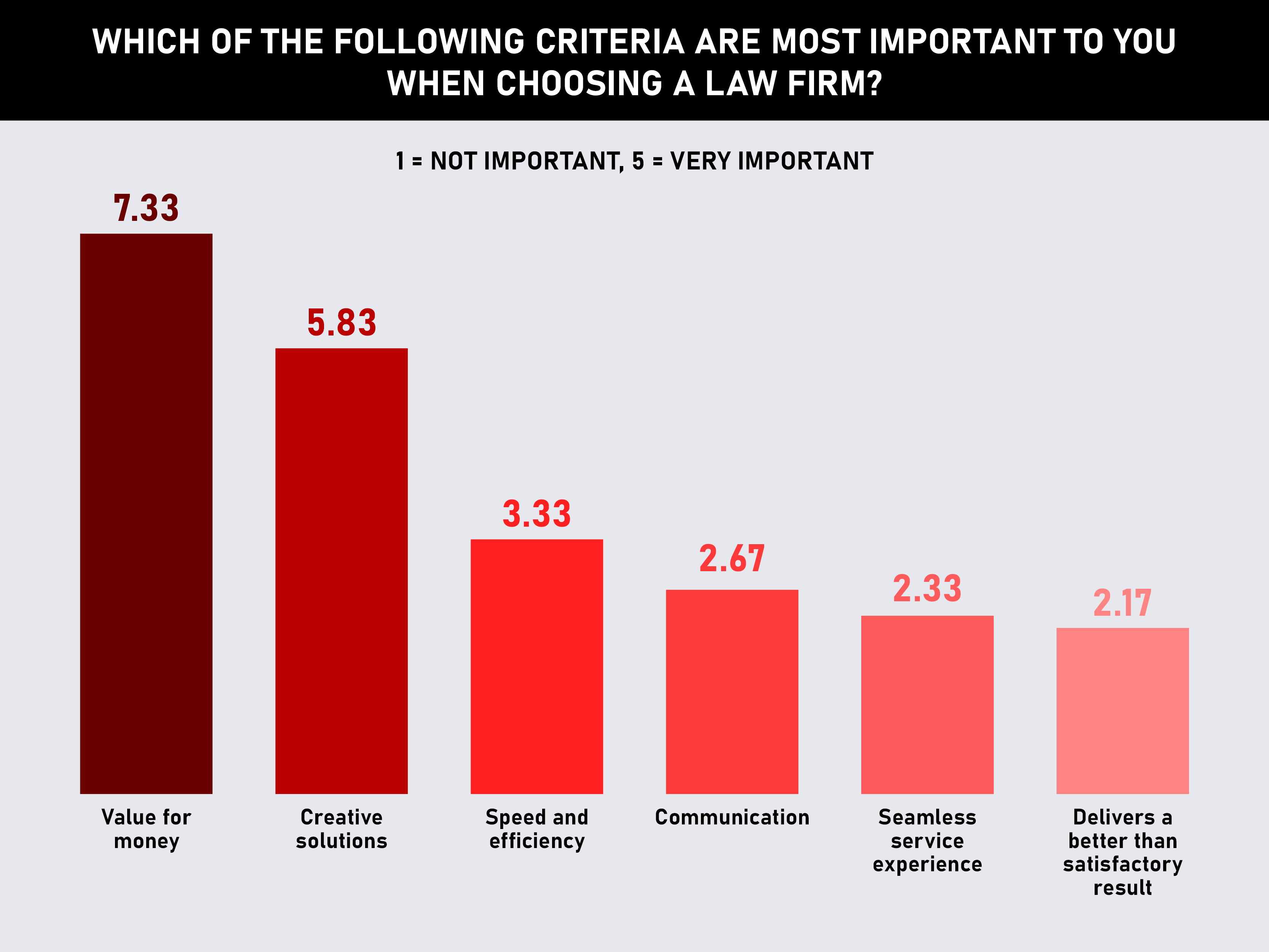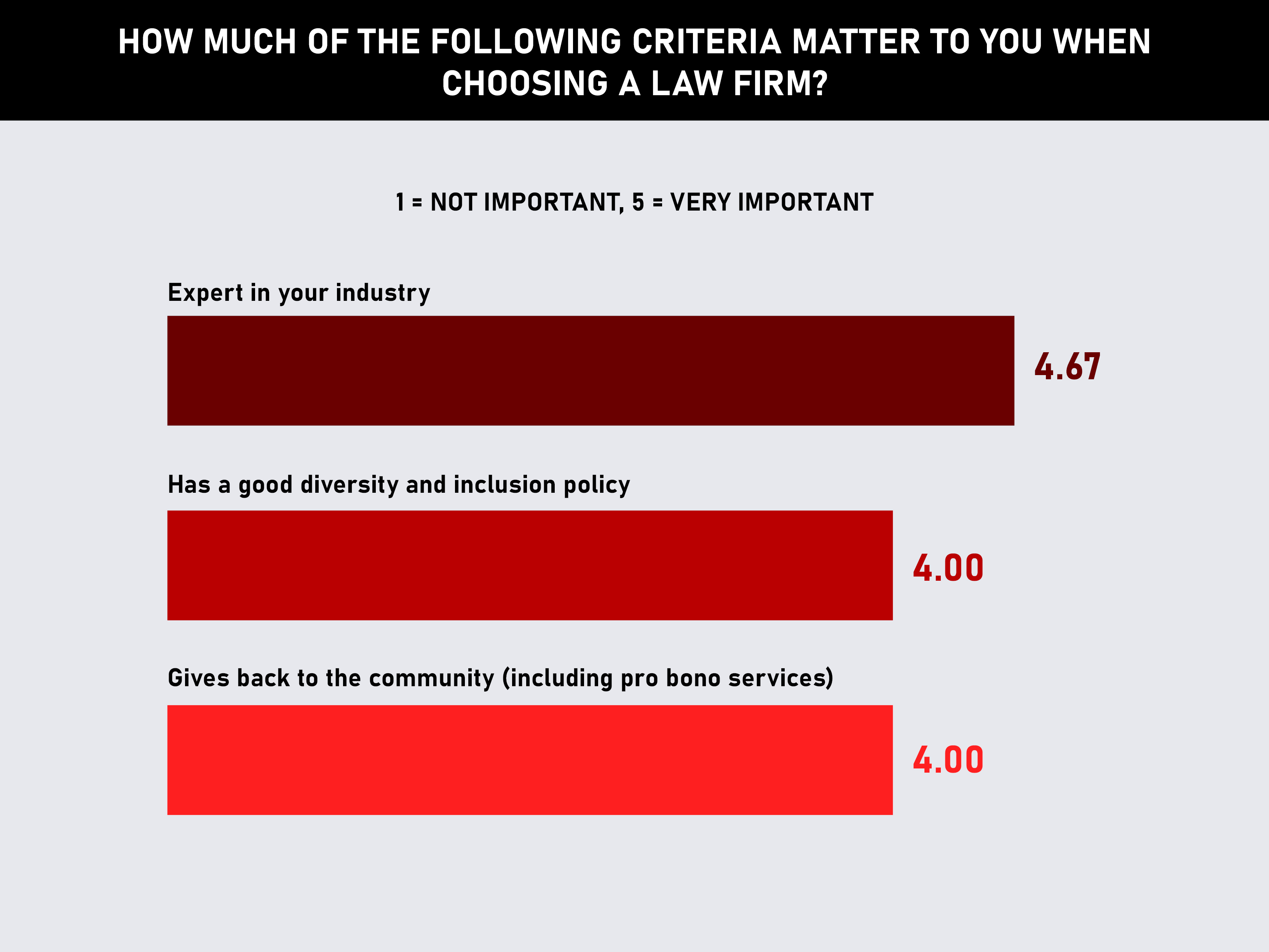

Jump to winners | Jump to methodology
Standing out in the competitive area of tax law is always a challenge. However, this year’s Top Tax Law Boutiques not only served their clients with excellence and professionalism, but they have also been preparing for and monitoring impending regulatory changes.
Tara Benham, national tax leader at Grant Thornton, explained that the true test of being a standout firm is “being recognized by clients, accountants, and other lawyers for their expertise”.
All Canadian Lawyer’s 10 best-in-class tax boutiques, the fifth edition, drew rave reviews from survey respondents who included referring firms, clients, and staff.
“[Tax complexity] will affect the long-term growth rate of people in the industry and that’s going to be a trend to keep an eye on over the next several years”
Alexander Demner, Thorsteinssons LLP
Thorsteinssons LLP, with offices in Toronto and Vancouver, has long held the reputation as one of Canada’s premier tax law firms, as evident from the insight offered by Canadian Lawyer’s survey respondents. Their comments included:
• “Simply the best tax lawyers”
• “Well-known specialists”
• “Top-tier tax lawyers”
• “They have the best bench strength in the country”
Other reasons offered by industry insiders for the firm’s success were “the size and scope of practice” and “their broad tax practice,” while a survey respondent explained it was because of “their excellent depth and good tax litigation”.
Fellow awardee Morris Kepes Winters LLP was cited for “their 20-year history as a tax boutique in the SME space”. Another respondent highlighted the firm’s ability to “provide both tax planning and tax litigation” and one client commented, “I found the overall expertise of their lawyers and the work exceptional”.
Other reasons the Toronto-based firm stood out among its peers were:
• “Strong partners who demonstrate a customer-centric approach”
• “Very experienced and knowledgeable practitioners”
• “Great litigators”
And their client, custom home builder Walden Homes, said that the firm “has a very solid understanding of our business and provides creative solutions”.
Millar Kreklewetz LLP was praised for carving out a valuable niche for clients and partners. The firm, which opened in 1991, was cited for:
• “Specializing in commodity and sales taxes”
• “Specializing in customs and trade law”
• “Expertise in commodity law”
“The complexity and lack of clarity in these proposed (mandatory disclosure) rules are somewhat shocking”
Robert Winters, Morris Kepes Winters LLP
Key to the firm’s award-winning status is its ability to provide practical solutions for complicated problems. The firm has trained lawyers who now lead indirect tax practices at some of the country’s largest law and accounting firms. Other respondents branded them “excellent lawyers” and providers of “the best commodity tax advice”.
Located in the heart of Toronto’s financial centre, TaxChambers LLP has also been recognized in the Top 10 Tax Law Boutiques. It’s a small practice that attracts clients with its on-demand teams and is known for its three distinct lines of tax services: litigation, planning and implementation, and US tax advisory.
Two of TaxChambers’ lawyers were personally cited by industry experts as the reason why they work with them:
• “David Piccolo is a genius”
• “[The firm has] very experienced and knowledgeable tax counsel. Vern Krishna, in particular, is an expert in income tax matters”
Another respondent added, “They offer good solid advice and service”.
As part of Canadian Lawyer’s survey, respondents were asked to name the decisive factor in selecting a firm.

Legal experts opened up on why value for money is the most important factor. What’s clear is that it’s not about being cheaper but offering a better package relative to cost.
• “McDonald’s is the largest restaurant in the world, but it doesn’t make the best burger. Small boutiques do not have to cave to billing pressure and can deliver more pro bono work and be more cost effective”
• “Specialized knowledge and better experience produce more cost-effective results”
• “Greater subject matter expertise without the premium pricing”
“As a tax lawyer, we’re generally fighting the government’s attempt to tax, so it’ll be more work for us, and more problems for ordinary folks out there and small- to medium-sized businesses”
Robert Kreklewetz, Millar Kreklewetz LLP
As the leading exponents in their field, the top tax law boutiques are laying the groundwork for the federal government’s proposed legislation around mandatory disclosure rules.
Aimed at helping the Canada Revenue Agency (CRA) clamp down on what it views as aggressive tax planning strategies, the amendment to the Income Tax Act would require lawyers and other advisors, in addition to the taxpayer, to report notifiable transactions.
“It’s quite clear that despite the professed desire from every stakeholder imaginable to simplify the tax code, it is decidedly moving in the other direction,” says Alexander Demner, a partner in the Vancouver office of Thorsteinssons. “It will affect the long-term growth rate of people in the industry, and that’s going to be a trend to keep an eye on over the next several years.”
Robert Winters, a partner at Morris Kepes Winters, calls the suggested rule-change regime “relatively Draconian”.
The firm’s lawyers have decades of experience as tax litigators and tax planners. That experience gives them the technical expertise necessary to advocate for clients in disputes with the CRA and to represent clients before the courts.
“The complexity and lack of clarity in these proposed rules are somewhat shocking,” says Winters. “It’s going to be particularly hard on smaller law firms and other advisors that may not have the knowledge or sophistication to deal with or fully understand their obligations.”
In brief, Winters notes that the European Union Court of Justice (EUCJ) in December 2022 ruled against a case, which requires taxpayers and other intermediaries, including lawyers, to report certain cross-border tax planning arrangements to governmental authorities.
“Canadian law has extremely strong protection for solicitor-client privilege,” says Winters. “The EUCJ decision was prompted by a challenge from lawyers’ professional organizations in Belgium. It would seem to provide a roadmap for similar challenges from Canadian law societies.”

By most accounts, 2023 and beyond are predicted to be what tax and trade lawyer Robert Kreklewetz of Millar Kreklewetz calls “up years”.
“I don’t see how the government can keep spending the money they’re spending without also putting a burden on the taxes, which means increased taxes,” he explains. “As a tax lawyer, we’re generally fighting the government’s attempt to tax, so it’ll be more work for us, and more problems for ordinary folks out there and small- to medium-sized businesses.”
When taxpayers are faced with a tax assessment, it’s like a no-win situation, remarks Kreklewetz.
“You’ve got to fight it; it takes time, money, and human emotional anxiety to get through all that to have your day in court or get access to justice,” he says. “A fight with the CRA is like being in a small room with an elephant. The CRA is the elephant, and they’ve got the Department of Justice right there with them. So, you’ve got two elephants, and any way they turn, you’ve got to be avoiding them.”
According to Vitaly Timokhov, a partner at Toronto’s TaxChambers, the tax system works well overall.
“It’s a healthy competition in a way,” he says, of the tug-of-war between taxpayers’ economic well-being and wealth and the government trying to collect as much revenue as possible within the legal framework.
Intergenerational transfers of small business shares are top of mind for Timokhov, and his wish for the future is that the federal government focuses on creating a more friendly environment for that to happen.
All that being said, Victoria, BC-based Dwyer Tax Law partner Blair Dwyer contends it’s becoming more difficult to give people advice they can rely on.
“The trend had been to try to make it so that people knew the rules, but now we seem to be going the opposite way, back to a system where there seems to be an awful lot of discretionary power just because the provisions are so unclear,” says Dwyer.
“That’s a danger, people are going to lose faith in the system because it’s so complicated and difficult to comply,” he adds.
The lawyers at Dwyer Tax have long and varied experience. They work closely with their clients’ other advisers to develop principled solutions tailored to the situation at hand. By involving the other advisers, the result is more likely to address the long-term needs of the client.
Canadian Lawyer’s fifth edition of its Top Tax Law Boutiques survey asked lawyers, in-house counsel, and clients across the country to select the tax law boutiques that represented the best in class in 2022. For the survey, which took place from October 31 to November 25, 2022, respondents were asked to rank firms from a long list provided. They were also given the option of adding a firm not included in that list. Criteria considered included regional service coverage, client base, notable mandates, service excellence and legal expertise of the firms.
To qualify, firms were required to derive at least 80 percent of their work from tax law and have more than one lawyer in this practice area. In total, 189 ballots were received, casting votes for 14 candidates on Canadian Lawyer’s list. Final rankings were determined through a points system in which firms were rewarded on a sliding scale for the number of first-to-tenth-place votes received. Voters had to rank a minimum of five firms.
The quantitative results were combined with the Lexpert peer survey results where applicable and feedback from respected senior members of the bar.